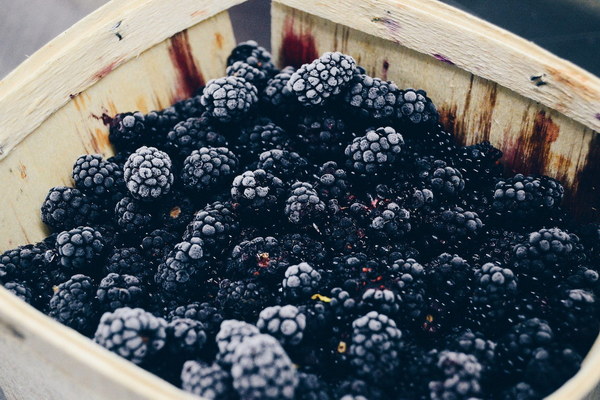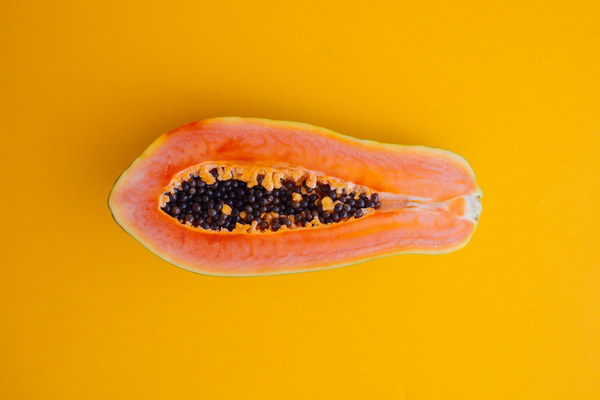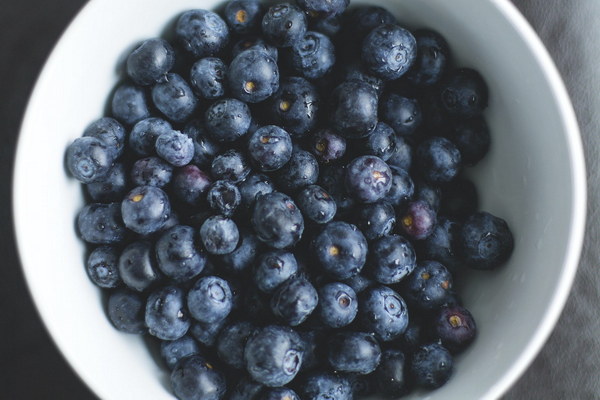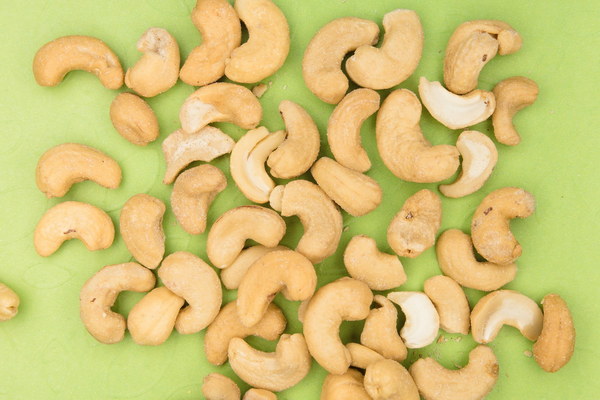Nurturing Health in the Cold of Winter A Comprehensive Guide to Winter Self-Care
As the temperatures drop and the world turns a crisp shade of winter, the body responds by slowing down, seeking warmth, and requiring extra care to maintain health and vitality. Winter is a season of transformation, both internally and externally, and adopting the right self-care practices can make a significant difference in how you navigate the colder months. Here’s a comprehensive guide to nurturing your health in the cold of winter.
Embrace Warmth and Comfort
Winter is the time to cocoon yourself in warmth and comfort. Start by ensuring your living space is well-insulated and heated. Wear warm, layered clothing when outdoors, and invest in a cozy blanket or throw to snuggle under while indoors.
Dress Appropriately
- Outerwear: Choose waterproof and breathable materials for your coat to protect against the elements.
- Footwear: Invest in sturdy, insulated boots to keep your feet warm and dry.
- Headwear: A hat is essential to retain body heat, as a significant amount of heat is lost through the head.
Nutrition: Fuel Your Body with Winter-Friendly Foods
Winter is a season when the body craves hearty, warm meals. Incorporate the following into your diet to support your health during the colder months:
Hearty Soups and Stews
- Benefits: Soups and stews are not only comforting but also rich in nutrients, including vitamins, minerals, and antioxidants.
- Examples: Chicken soup, vegetable stew, lentil soup, and beef barley soup.

Winter Vegetables
- Benefits: Root vegetables like carrots, potatoes, sweet potatoes, and beets are high in vitamins and minerals and help keep the body warm.
- Examples: Roasted root vegetables, carrot soup, and sweet potato casserole.
Nutrient-Rich Fruits
- Benefits: Fruits like oranges, tangerines, and kiwis provide vitamin C to boost the immune system.
- Examples: Citrus fruits, kiwis, and pomegranates.
Healthy Fats
- Benefits: Healthy fats, such as those found in avocados, nuts, and seeds, help keep the body warm and provide energy.
- Examples: Avocado toast, almond milk, and chia seed pudding.
Hydration: Don’t Neglect Water Intake
It’s easy to think that you don’t need as much water in the winter, but the cold weather can actually increase your body’s fluid loss. Keep hydrated by:
Warm Beverages
- Benefits: Warm water, herbal teas, and broths are hydrating and can be soothing.
- Examples: Green tea, ginger tea, and vegetable broth.
Water Intake
- Recommendation: Aim to drink at least 8 glasses of water a day, even in the winter.
Physical Activity: Stay Active Indoors
While the cold weather might deter you from outdoor exercise, it’s important to stay active. Indoor activities can help maintain your fitness and mood:
Exercise Routines
- Examples: Yoga, Pilates, strength training with dumbbells or resistance bands, and indoor cycling.
- Benefits: Regular exercise boosts the immune system, improves mood, and helps maintain a healthy weight.
Stretching
- Recommendation: Incorporate stretching into your daily routine to maintain flexibility and reduce the risk of injury.
Sleep: Prioritize Restful Nights
Winter can be a time of stress and overindulgence, which can lead to sleep disturbances. Prioritize restful nights by:
Establish a Sleep Routine
- Recommendation: Go to bed and wake up at the same time each day to regulate your body clock.
Create a Sleep-Conducive Environment
- Recommendations:
- Keep the bedroom cool, dark, and quiet.
- Use blackout curtains or a sleep mask.
- Invest in a comfortable mattress and pillows.
Relaxation Techniques
- Recommendations:
- Practice deep breathing or meditation before bed.
- Avoid screens at least an hour before bedtime.
Immune Support: Strengthen Your Defense
Winter is prime time for colds and flu. Support your immune system with:
Vitamin D
- Recommendation: Get some sunlight exposure daily, as vitamin D is essential for immune function.
Probiotics
- Recommendation: Include probiotic-rich foods like yogurt, kefir, and sauerkraut in your diet.
Vitamin C
- Recommendation: Consume foods high in vitamin C, such as citrus fruits, berries, and bell peppers.
Mindfulness: Cultivate a Positive Mindset
Winter can be a time of reflection and growth. Cultivate a positive mindset by:
Mindfulness Practices
- Recommendations:
- Practice mindfulness meditation to reduce stress.
- Engage in activities that bring you joy, such as









